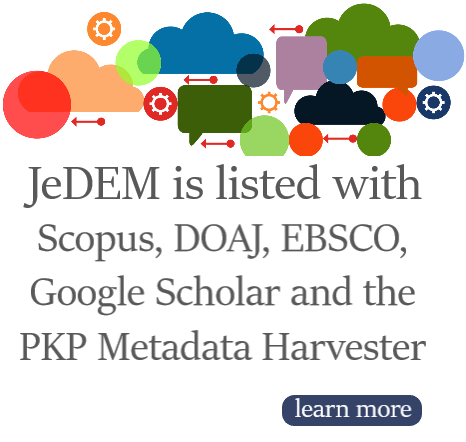An electoral exception? Quantum computing-readiness and internet voting
DOI:
https://doi.org/10.29379/jedem.v16i3.928Keywords:
internet voting, i-voting, electronic voting, e-voting, quantum computing, post-quantum cryptography, cybersecurity, standardizationAbstract
Developments in quantum computing may jeopardize the security of internet voting. Such developments could compromise important electoral requirements, including integrity, eligibility, or the secrecy of the vote. Even the contents of a vote cast online today, when quantum computers are not yet known to be available, could be revealed tomorrow. Countries are already working on a post-quantum setting, but elections seem to remain an exception. In this paper, we explore the existing strategies to mitigate the quantum threat or their lack thereof, as well as the views of different stakeholders on these matters. To do so, we have conducted a mix of desk research as well as interviews with 24 experts in different fields, from electoral administrations to cybersecurity agencies, vendors, and academia. We assess their perceptions about quantum computing, its impact on internet voting, and on transitioning towards quantum-resistant cryptography, as well as on interagency cooperation and trust issues. Whereas we initially assumed that elections were an exception in regards to the transition towards post-quantum cryptography, this research shows that the electoral field is neither alone nor the most adequate one to start the implementation of this kind of cryptography.
Downloads
Metrics
Downloads
Published
How to Cite
Issue
Section
License
Copyright (c) 2024 Adrià Rodríguez-Pérez , Núria Costa, Tamara Finogina

This work is licensed under a Creative Commons Attribution-NonCommercial 4.0 International License.

JeDEM is a peer-reviewed, open-access journal (ISSN: 2075-9517). All journal content, except where otherwise noted, is licensed under the CC BY-NC 4.0 DEED Attribution-NonCommercial 4.0 International














